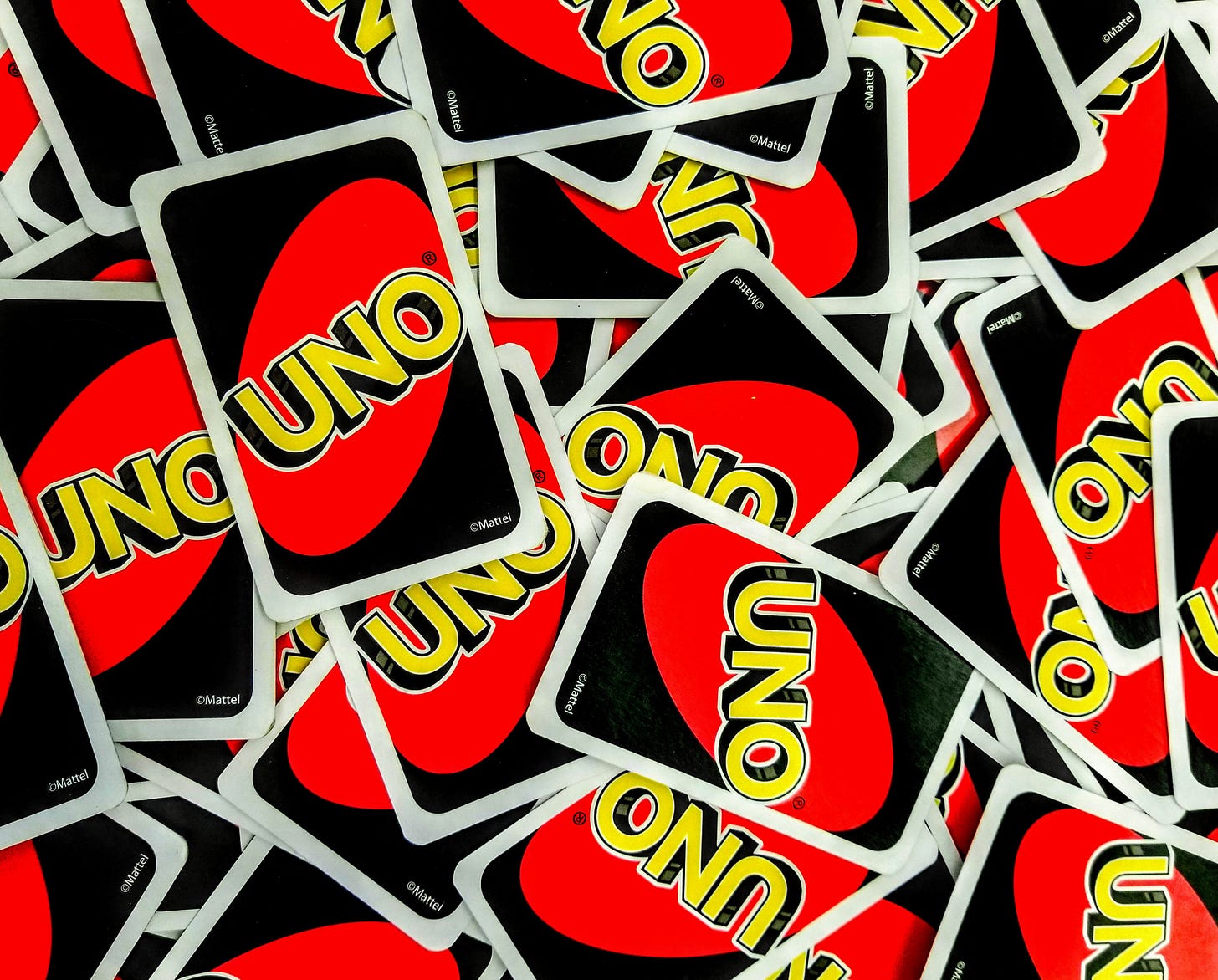“Movember” Just Got A Lot More Personal
Or, what I will soon have in common with Lance Armstrong, Tom Green, and millions more

I recently received one of those phone calls nobody ever wants to get. Actually, this was the second call like that, and I already wrote about the first. This time, it was my doctor telling me that the hard mass I felt on one of my testicles was likely cancerous.
Since then, I’ve met with a number of doctors who all put me through a nonstop series of CT scans, X-rays, and blood work. The thing I learned about testicular cancer is that in order to biopsy a testicle, you have to remove it. So I’m saying goodbye to it regardless. The procedure is called an orchiectomy. I’ve had emergency health issues in my life, but they happened instantaneously without much time to reflect on it. The last few weeks have been different. I’ve sat with this knowledge, awaiting the resolution, and learning a little more, bit by bit. And before I go any further, I’d be irresponsible to not say: Guys, check your balls. When I saw the urologist he told me that my tumor was “significant” and yet, he said, some people don’t get checked out until it’s three or four times the size of mine, and by then there’s a good chance the cancer has spread.
When people ask me how I’m doing or how I’m feeling, I don’t know how to respond. It’s like when someone asks what a movie is about and all you can say is, “You just have to watch it.” Every explanation feels incomplete. The truth is, my thoughts have felt like a screen saver where the shapes constantly twist and morph and rearrange themselves into new patterns, as life goes on behind it. One moment, I feel confident that the survival rate for testicular cancer is very high. The next moment, I’m asking myself how much one body can really take before it gives up. A few moments later, I’m wondering if I’m a diva for making a fuss about it at all. Then I think, “It’s highly likely I ran a half marathon while I had cancer. That’s pretty cool.”
Research estimates humans have thousands of thoughts1 per day. An objective of mindfulness practice is to understand that thoughts are not the enemy. Rather than reject our negative thoughts, we can learn to accept them and be at peace with them. A common metaphor is to think of our thoughts as clouds passing by. The trouble begins when those passing thoughts dictate actions. It’s much more effective to mindfully respond to our angry or depressing thoughts instead of mindlessly reacting to them. The critical difference is acting with intention and endorsing our own behaviors. It’s not an easy thing to do. We’re hard-wired to spring into survival mode in these moments. Our bodies are pumped full of adrenaline and cortisol and our executive functioning shuts down. But, through practice, we can increase the space between our thoughts and our actions, which is what it means to act mindfully.
Mindfulness has served me well the past few weeks. It’s allowed me to enter dark places and return unscathed, or even better for having made the journey. There’s two specific sojourns I’d like to share now. If you can be at ease discussing the big metaphysical questions, I invite you along.
Despite knowing I have one of the most treatable cancers, it’s still cancer. I found myself reflecting on my life up to this point. Of course, there are always more things I’d like to do—I write constantly about my belief that continued personal growth is key to a fulfilled life—but that being said, it was nice to stop and appreciate how fortunate I’ve been thus far. In 34 years and change, I have spent a ton of time with my family and friends. I'm the publisher of a news website. I started a company. I shut down a company. I went to college and it was wild. I married my college sweetheart. We live in the greatest city in the world. I’ve had a lot of fun nights doing the wrong things with the right people. I’ve visited Italy and drove through Tuscany and ate homemade gnocchi at a gas station in the middle of nowhere. I ran a half marathon. I like my life. This experience got me thinking about those experiences and people that are important to me, and it was a reminder of how much I have to live for.

So that was the first mental excursion. The second was related to the first, in a way. I thought about how I could be diagnosed with a form of cancer and, although shocked and scared, immediately knew I would have a ton of support. I have my wife, I have my family, and I have my friends. I have an employer who provides great healthcare and has been more than accommodating. I live in a city with amazing hospitals. I can afford to live in a city with amazing hospitals. I could go on about the various factors that support my physical and psychological well being.
There’s a kind of positivity that declares "happiness is a choice." While in many respects I agree, when reduced to a bumper sticker the notion comes off as callous, aloof and devoid of empathy. It implies that if you are unhappy, you are just choosing not to be. But happiness is neither the default state of humanity nor a simple decision. It takes effort, and depending on your specific mix of genetic predispositions and environmental influences, it will take more or less effort. It is an undeniable fact that the way in which society is organized supports certain people more than others.
A central thesis of Rhapsody is that human flourishing is correlated to the degree in which the basic psychological needs of competence, relatedness and autonomy are met. It is centrally concerned with self-determination—helping people become the best versions of themselves—and identifying institutions and societal influences that undermine rather than support this objective.
Sadly, I don’t think modern society is doing a good job on this front. From a young age, we are taught that money, status, and beauty are things that matter. The disconnect between what humans need and what the prevailing values of Western culture say we need are how we end up with so many people feeling alienated, depressed and generally hopeless. Not everyone has access to the same level of schooling. Not everyone can watch movies and see people who look like them, giving them confidence that they can be anything. Not everyone is even afforded control over what to do with their own bodies. We don’t have equality of opportunity in the United States. That, like telling people happiness is a choice, is simply a bumper sticker.
So when I reflect on my current circumstances and the life I’ve led so far, I’m careful to remember how privileged I’ve been, not to take that for granted, and to do what I can to help others have more opportunities, connectedness, and confidence to be who they are.
So when people ask me, “How are you doing?” This is a sampling of what is swirling around in my head. In some sense, it’s the same stuff as any other time. “How can we increase human flourishing?” And the answer is familiar as well: “Provide people more support. Provide meaningful ways to pursue passions. Provide genuine autonomy.” What is standing in the way? The societal obsession with wealth, status, and appearance.
At first, I wasn’t sure if writing about this experience belonged on Rhapsody. But when I sit down to write for Rhapsody, I ask myself a few questions. The first is: Does this say something about the human condition? The second is: Would I have written this in my journal? If the answer to both is yes, then I think it belongs here. Sharing our experiences can help other people feel less alone, and if people feel less alone, they suffer less. The less suffering in the world, the more happiness there is in the world. One’s own struggles can be fertile soil for the seeds of compassion. I also hope this inspires the men who are reading this to check their balls, just in case.
Speaking of compassion, I think a lot of people show it through humor—a desire to help someone feel a bit of joy. I’ve tried to keep my humor up through all of this. I considered titling this essay “You Can Call Me Uno” but my wife said no. A few days later, she texted me saying that although Short King Spring had come to an end (I am short), she heard that One Ball Fall was in.
It made me laugh. I’m still laughing, to be honest, and I’m fortunate that all of the influences in my life have molded me such that I’m able to laugh right now.
There’s a factoid floating around that we have about 70,000 thoughts per day. I almost published this figure but I couldn’t find any evidence to support it. But if you Google 70,000 thoughts per day, you will find tons of articles citing this figure.





Thank you for sharing this. Beautifully expressed. Your wife is apparently a funny woman, that is definitely on the plus side of the ledger.
Thanks for sharing the information. Life is always challenging one way or another. I think that the measure of the person is how they/he/she/whatever deals with the challenge. Seems to me that you're handling it well. Keep it up.